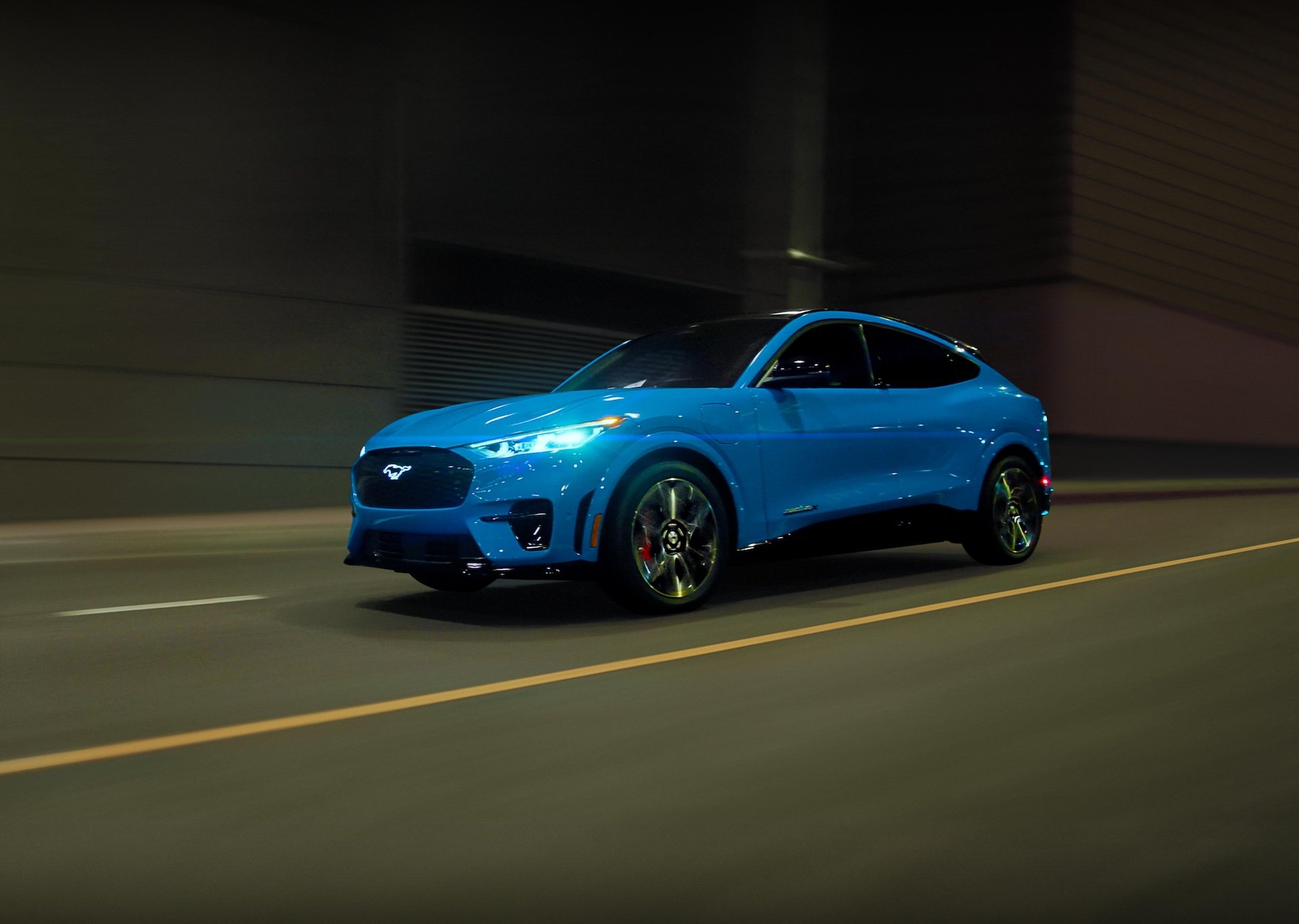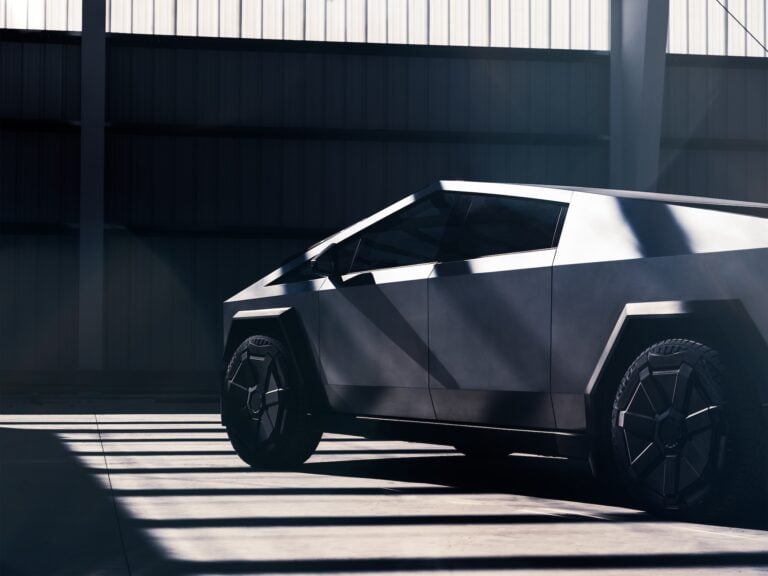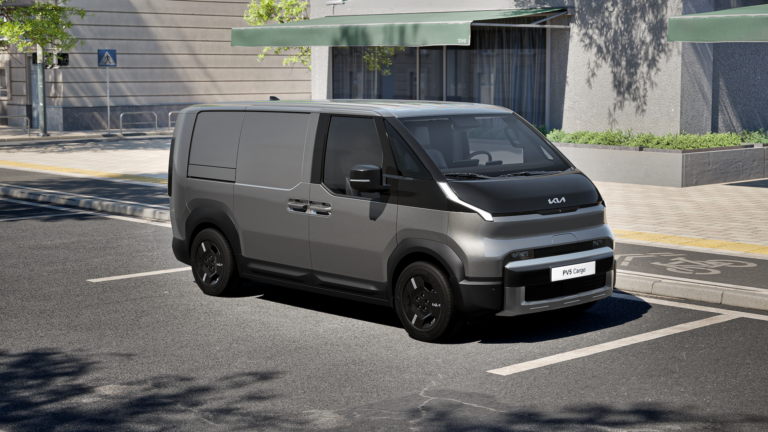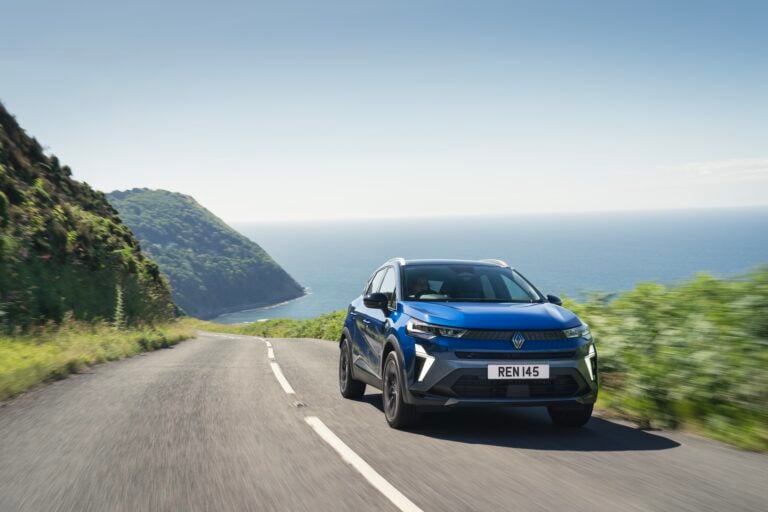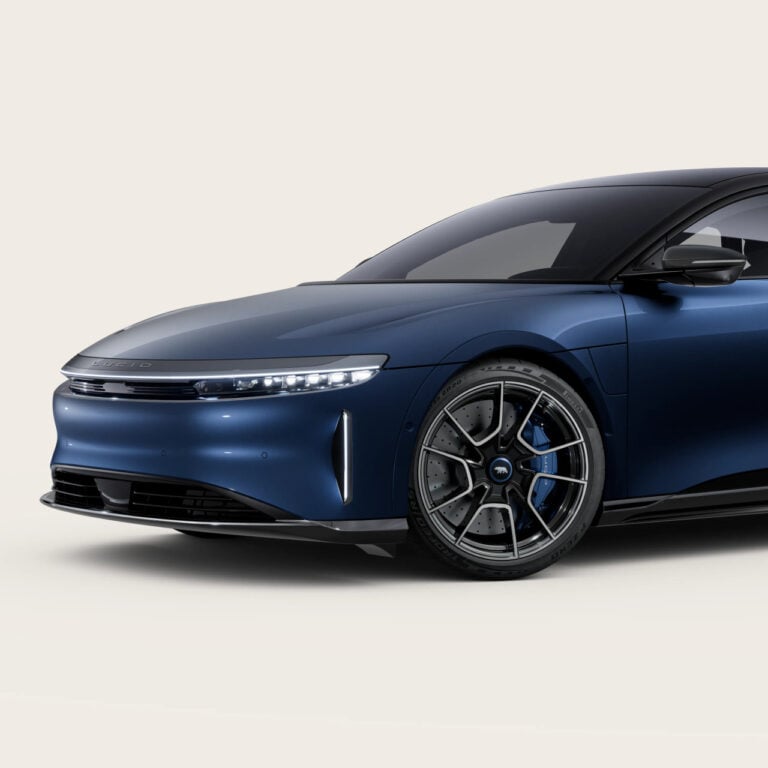Ford Motor Company is significantly broadening its electric vehicle (EV) strategy, aiming to deliver a more capital-efficient and profitable EV business while continuing to reduce CO2 emissions. The updated strategy includes a comprehensive range of electrification options across key vehicle segments where Ford holds a competitive edge, such as commercial vans, pickup trucks, and SUVs. With a focus on lowering costs and improving efficiency, Ford’s realignment of battery sourcing is designed to support the company’s ambitious electrification goals.
Key Highlights:
- Diversified Electrification Options: Ford plans to launch an all-new commercial van in 2026, followed by two advanced pickup trucks in 2027. The company will also offer a new family of electrified three-row SUVs incorporating hybrid technologies.
- Strategic Battery Sourcing: Ford is optimizing its battery production and sourcing to reduce costs, qualify for tax credits, and support the upcoming EV lineup. This includes moving some battery production to the U.S. and developing lithium iron phosphate (LFP) batteries.
- Affordable EV Platform: Ford is developing a new platform that will enable the production of cost-effective electric vehicles with enhanced digital features. This platform will underpin multiple vehicle styles for both retail and commercial customers.
- Next-Generation Electric Truck: Ford’s “Project T3” will introduce a next-generation electric truck in 2027, featuring advanced bi-directional charging capabilities and cutting-edge aerodynamics.
- Focus on Hybrid Technologies: Ford will leverage hybrid technologies for its next-generation three-row SUVs and the F-Series Super Duty, providing a range of propulsion options to meet diverse customer needs.
As the global automotive industry undergoes a transformative shift towards electrification, Ford is strategically expanding its EV portfolio to ensure long-term growth and profitability. The company’s approach focuses on areas where it has established leadership, such as commercial vans and large pickup trucks, while also catering to evolving customer preferences for more sustainable and cost-effective transportation solutions.

In 2026, Ford will introduce a new digitally advanced commercial van, designed to meet the growing demand for electric commercial vehicles. This will be followed by the launch of two innovative pickup trucks in 2027. The first will be a mid-sized electric pickup developed by Ford’s California skunkworks team, known for its groundbreaking engineering and design innovations. The second will be a next-generation electric truck, building on the success of the F-150 Lightning, which has become the best-selling electric truck in the U.S.
To support this ambitious rollout, Ford is realigning its battery sourcing strategy to improve cost efficiency and maximize capacity utilization. Key initiatives include relocating some Mustang Mach-E battery production from Poland to Michigan in 2025, enabling the company to qualify for Inflation Reduction Act benefits. Additionally, the BlueOval SK joint venture in Kentucky will manufacture cells for the E-Transit and F-150 Lightning starting in mid-2025, delivering significant cost improvements. By 2026, Ford will begin producing LFP batteries at BlueOval Battery Park Michigan, marking a major milestone in the company’s efforts to develop one of the lowest-cost battery cells in North America.
“We are committed to innovating in America, creating jobs, and delivering incredible new electric and hybrid vehicles that make a real difference in CO2 reduction,” said Ford President and CEO Jim Farley. “We learned a lot as the No. 2 U.S. electric vehicle brand about what customers want and value, and what it takes to match the best in the world with cost-efficient design, and we have built a plan that gives our customers maximum choice and plays to our strengths.”
In response to the rapidly evolving electric vehicle market, Ford is also introducing hybrid technologies in segments where pure electric vehicles may face cost challenges. For instance, the next-generation three-row SUVs will incorporate hybrid systems that offer significant efficiency improvements, emissions reductions, and enhanced performance compared to traditional gas-powered vehicles. Additionally, the F-Series Super Duty pickup will offer various propulsion options, reinforcing Ford’s leadership in the pickup truck market by providing customers with the flexibility to choose the powertrain that best suits their needs.

Ford’s new EV platform represents a significant step forward in the company’s strategy to bend the cost curve on electric vehicles. Developed by a dedicated skunkworks team in California, this platform will enable the production of multiple vehicle styles, both for retail and commercial customers, while offering personalized digital experiences that are continuously updated and enhanced. This approach will allow Ford to increase its installed base of software and services, driving long-term profitability through recurring revenue streams.
Looking ahead, Ford’s next-generation electric truck, code-named “Project T3,” will launch in 2027. This vehicle is expected to set new benchmarks in the electric truck segment, offering features and experiences never seen on any Ford truck. Key innovations include upgraded bi-directional charging capabilities, which will allow customers to power their homes or other devices directly from the truck, and advanced aerodynamic designs that improve range and efficiency. By retiming the launch to 2027, Ford aims to leverage lower-cost battery technology and other cost-saving innovations, ensuring that the vehicle is both competitively priced and profitable.
The company’s focus on broader electrification choices reflects its commitment to meeting diverse customer needs while achieving sustainable growth. As part of this strategy, Ford is developing a new family of electrified three-row SUVs that will include hybrid technologies, providing breakthrough efficiency and performance benefits. This approach extends to the F-Series Super Duty pickup, which will offer a range of propulsion options, from hybrid to electric, ensuring that Ford remains at the forefront of the truck market.
“As the global leader in pickup trucks, we are future-proofing this valuable franchise across all sizes with hybrid, electric, and other electrified propulsion options, giving individual customers and businesses choice based on how they use their trucks,” Farley said.
In addition to product innovation, smart capacity utilization and localization are central to Ford’s strategy for achieving cost reductions and maximizing profitability. By realigning battery sourcing and production, Ford is unlocking significant cost efficiencies and ensuring that its electric vehicle lineup remains competitive on a global scale. The company’s strategic partnerships with battery suppliers, including LG Energy Solutions and BlueOval SK, are key enablers of this plan.
As Ford continues to expand its electrification efforts, the company is well-positioned to lead the industry in delivering innovative, cost-effective, and sustainable transportation solutions. Ford will provide an update on its electrification, technology, profitability, and capital requirements in the first half of 2025, as it continues to align its operations with its long-term growth objectives.
About Ford Motor Company
Ford Motor Company (NYSE: F) is a global company based in Dearborn, Michigan, committed to helping build a better world where every person is free to move and pursue their dreams. The company’s Ford+ plan for growth and value creation combines existing strengths, new capabilities, and always-on relationships with customers to enrich experiences and deepen customer loyalty. Ford develops and delivers innovative, must-have Ford trucks, sport utility vehicles, commercial vans, cars, and Lincoln luxury vehicles, along with connected services. The company does this through three customer-centered business segments: Ford Blue, engineering iconic gas-powered and hybrid vehicles; Ford Model e, inventing breakthrough electric vehicles along with embedded software that defines exceptional digital experiences for all customers; and Ford Pro, helping commercial customers transform and expand their businesses with vehicles and services tailored to their needs. Additionally, Ford provides financial services through Ford Motor Credit Company. Ford employs about 175,000 people worldwide. More information about the company and its products and services is available at corporate.ford.com.
Sign up for our popular daily email to catch all the latest EV news!

